This course acquaints students with current educational research issues, facilitates the development of a graduate culture, and builds community among education graduate students, faculty members, and researchers. This course has three components: participation in the research colloquium, group participation, and lectures. In the colloquium, students become familiar with a wide variety of research studies which are directly or indirectly relevant to educational issues. In the group participation, students practice their critical thinking skills by participating in a variety of group activities on various topics in educational research. In the lectures, students will become acquainted with academic discourse, theory, and research. They will also learn how to interpret research articles and critically respond to them. In addition, students learn how current research in education can have practical applications for the classroom.
Students must prepare for each class by reading the assigned material and answering the critical response questions posed. It is expected that all students contribute to the creation of an intellectually stimulating learning community by actively participating in class discussions.
As per the School of Education Attendance Policy, students must attend a minimum of 90% of class time. If a student misses more than 10% of class time without permission (e.g., medical reasons), the student may be requested to withdraw from the course.
Educational Objectives/Learning Outcomes
By the end of the course, students will be able to:
1. identify several research paradigms and approaches;
2. identify the structure and organization of different types of research articles;
3. identify peer-reviewed research journals and differentiate between scholarly and popular publications;
4. retrieve scholarly publications from electronic databases;
5. demonstrate familiarity with oral and written academic discourse;
6. critically examine issues of validity and reliability in qualitative and quantitative research;
7. write a critical summary of a research study;
8. demonstrate awareness and understanding of the relationship between; educational research and practice;
9. be introduced to several research designs; and
become critical consumers of research.- Teacher: Edward Howe
